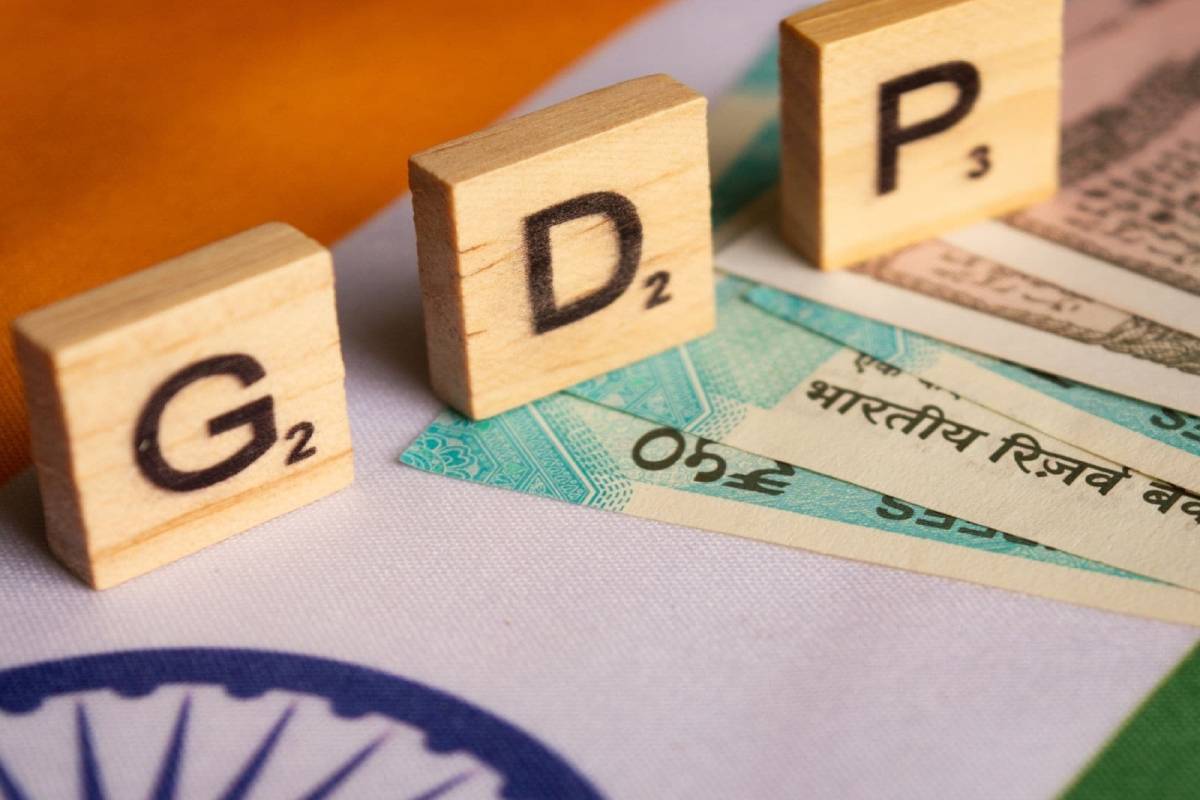India and China
The meeting between External Affairs Minister S. Jaishankar and Chinese Foreign Minister Wang Yi at the G-20 foreign ministers’
The survey said that India’s economic recovery from the Covid pandemic is complete and the economy is expected to grow in the range of 6 percent to 6.8 percent

Representational image (File Photo)
The Union Finance Minister, Nirmala Sitharaman on Tuesday tabled the Economic Survey for the Financial Year 2022-23, after the President’s address, on the first day of the Union Budget Session 2023-24.
The Economic Survey said that India’s economic recovery from the Covid pandemic is complete and the economy is expected to grow in the range of 6 per cent to 6.8 per cent in the coming financial year 2023-24. This is in comparision to 7 per cent this fiscal and 8.7 per cent in 2021-22. Chief Economic Advisor Dr V Anantha Nageswaran in a press conference in the national capital said that the India Monentary Fund (IMF) in its World Economic Outlook Update, has maintained India’s GDP forecast for current Fiscal Year at 6.8 per cent, the next Fiscal Year at 6.1 per cent and for 2024-25 at 6.8 per cent.
Advertisement
India’s economy is poised to do better in remainder of this decade, the CEA said.
Advertisement
The Economic Survey document said the growth projection is broadly comparable to the estimates provided by multilateral agencies such as the World Bank, the IMF, the Asian Development Bank and the Reserve Bank of India.
“The actual outcome for real GDP growth will probably lie in the range of 6.0 per cent to 6.8 per cent, depending on the trajectory of economic and political developments globally,” the survey read.
Union Finance Minister Nirmala Sitharaman today tabled the Economic Survey for 2022-23 in the Parliament, a day ahead of the national Budget for next financial year.
The Budget session of Parliament began today with an address of President Droupadi Murmu of the joint sitting of the two houses of Parliament.
The Economic Survey said that India remains the fastest-growing major economy in the world GDP in nominal terms has been projected at 11 per cent in next fiscal.
Meanwhile, RBI projects 6.8 per cent inflation this fiscal outside the upper target limit, which the Economic Survey says is “not high enough to deter private consumption, also not too low to weaken inducement to invest.”
A return of migrant workers to construction activities helped housing market witnessing a significant decline in inventory overhang to 33 months in Q3 of FY 23 from 42 months last year.
A surge in growth of exports in FY22 and the first half of FY23 induced a shift in the gears of the production process from mild acceleration to cruise mode.
Private Consumption as a percentage of GDP stood at 58.4 per cent in the second quarter OF FY23, the highest among the second quarters of all the years since 2013-14 supported by a rebound in contact -intensive services such as trade, hotel and transport survey points to the lower forecast for growth in global trade by the World Trade Organisation from 3.5 per cent in 2022 to 1.0 per cent in 2023
The Economic Survey document, formulated under the supervision of the chief economic adviser V Anantha Nageswaran, provides insights into the state of the economy and various indicators in the current financial year 2022-23 (April-March) and outlook for the next year.
The Economy Survey may also give some idea about the tone and texture of the actual Budget for 2023-24, to be presented tomorrow.
Budget 2023 is likely to be the last full Budget of the Modi government in its second term with the next Lok Sabha election due in April-May of 2024. Like the previous two Union Budgets, Union Budget 2023-24 will also be delivered in paperless form.
Advertisement